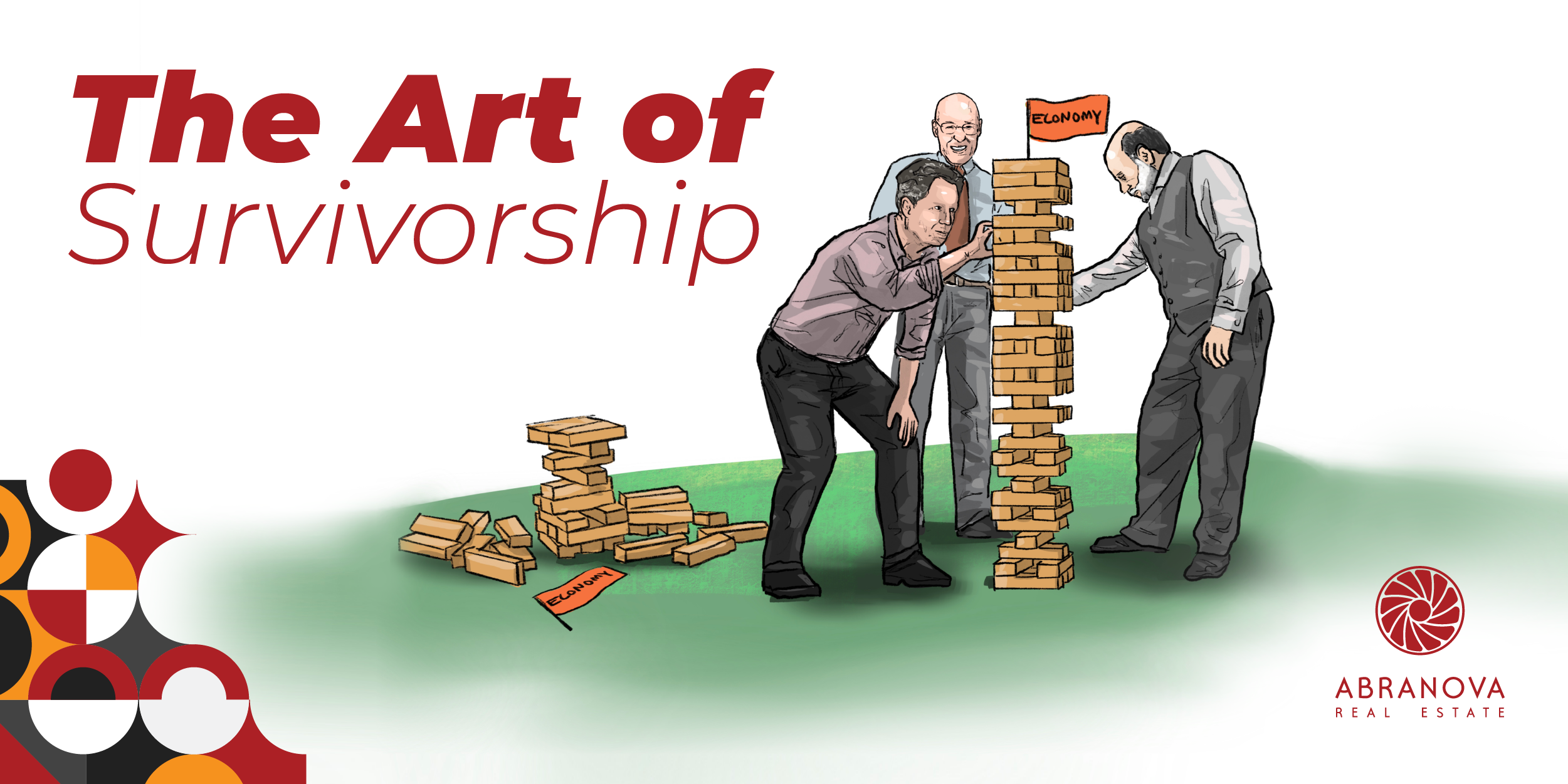
The Art of Survivorship
In light of the already failed major banks and the impending downfall of PacWest and Western Alliance, reflecting on the art of survivorship is ever-relevant. The word survivorship here may seem to imply self-preservation. On the contrary, it’s the ability to formulate a perspective, make informed decisions, and take action amidst overwhelming market feedback and turmoil. The basis of these decisions is to preserve asset value, identify dislocations, and potentially seize new opportunities. Great investors have made fortunes during the best and the worst of times. Such abilities come from a deep understanding of market cycles. They form hypotheses, test them, and act on them as a scientist would. I may also say as George Soros would:
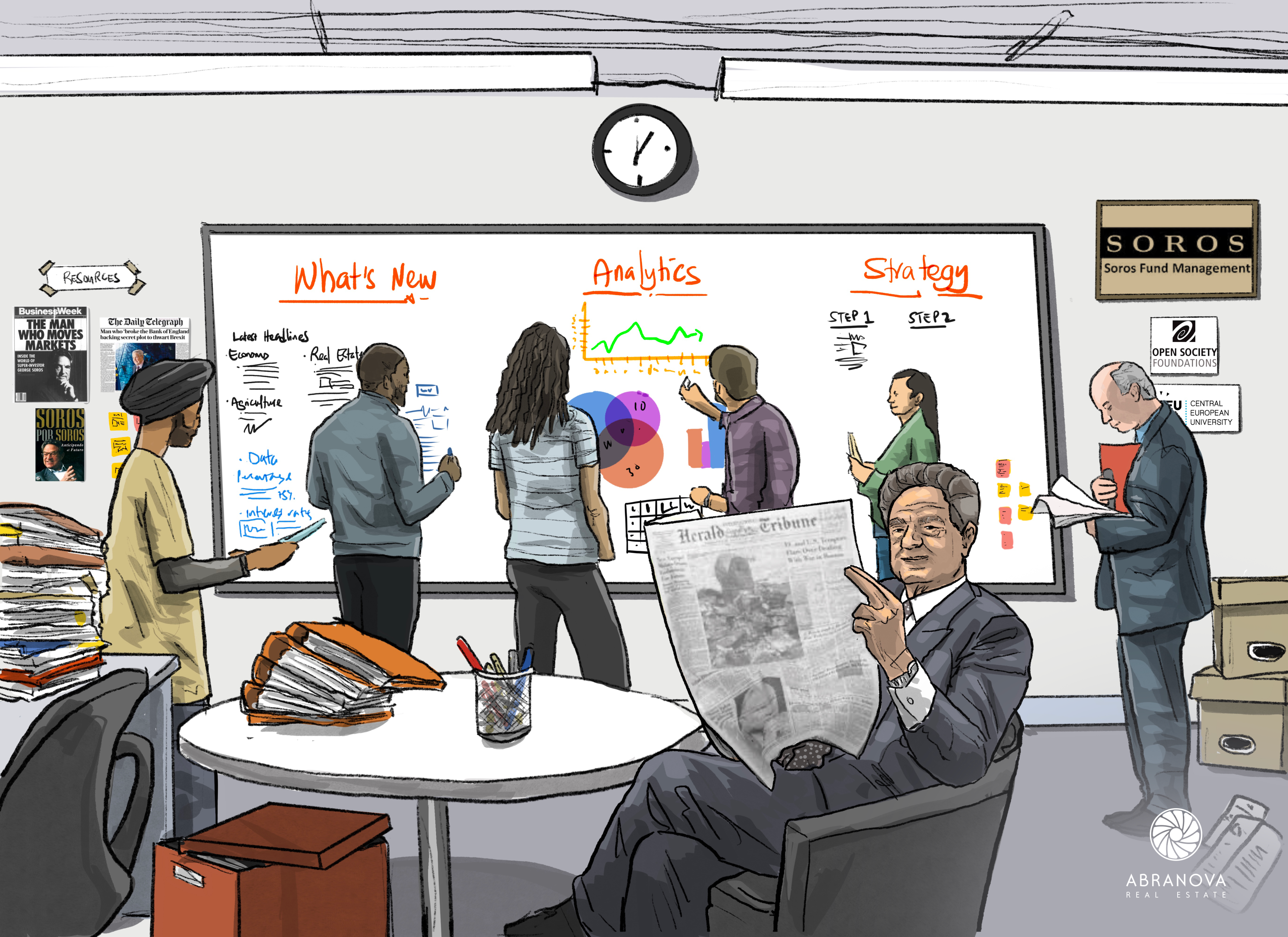
“Ever since I became conscious of my existence, I have had a passionate interest in understanding it, and I regarded my own understanding as the central problem that needed to be understood. I developed a theoretical framework based on the concept of reflexivity to explain the relationship between thinking and reality, and I used the financial markets as a laboratory to test my theory.” (Soros 1)
While reflexivity is a subject for another day, great investors have often attributed their prowess in navigating financial markets to having rare insights, a lens through which they view the world. It is hard to miss the link between Warren Buffett’s early childhood fascination with numbers, collecting stamps, and working paper routes in the suburbs of Omaha to his stellar business track record.
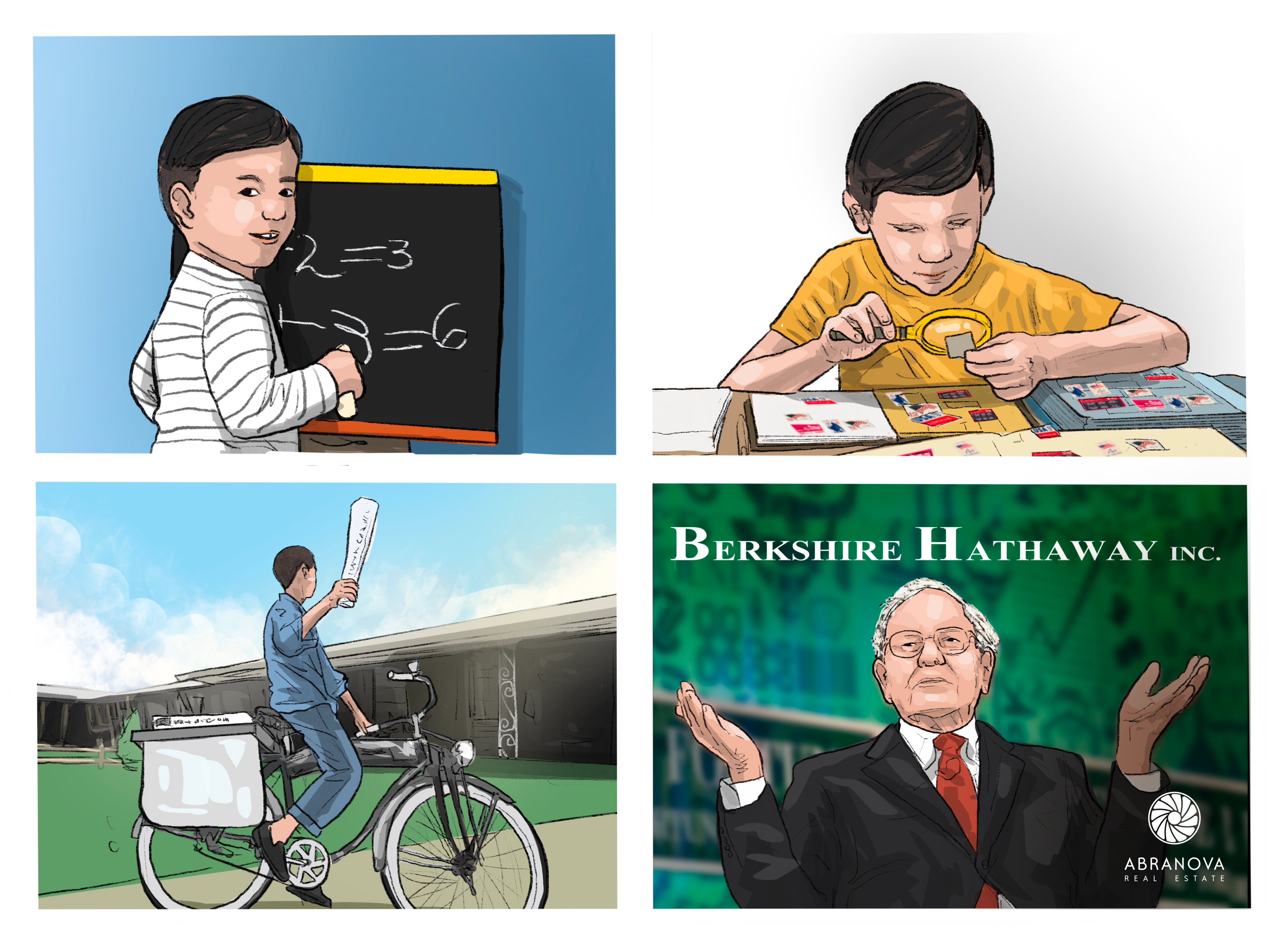
Comparably, George Soros and Sam Zell have spoken and written about a strikingly similar background that has been formative to their success: the survivorship mindset from their family experiences of escaping the Holocaust. Soros attributes his hedge-fund hegemony to the life lessons his father taught him during the second world war:
“If i was to sum up my practical skills, I’d use one word, survival. When I was an adolescent, the second world war gave me a lesson that I’ve never forgotten. I was fortunate enough to have a father who was highly skilled in the art of survival, having lived through the Russian Revolution as an escaped prisoner of war. Under his tutelage, the second world war served as an advanced course at a tender age. The investment vehicle I created a quarter of a century later drew heavily on skills I learned as an adolescent.” (Soros 2)
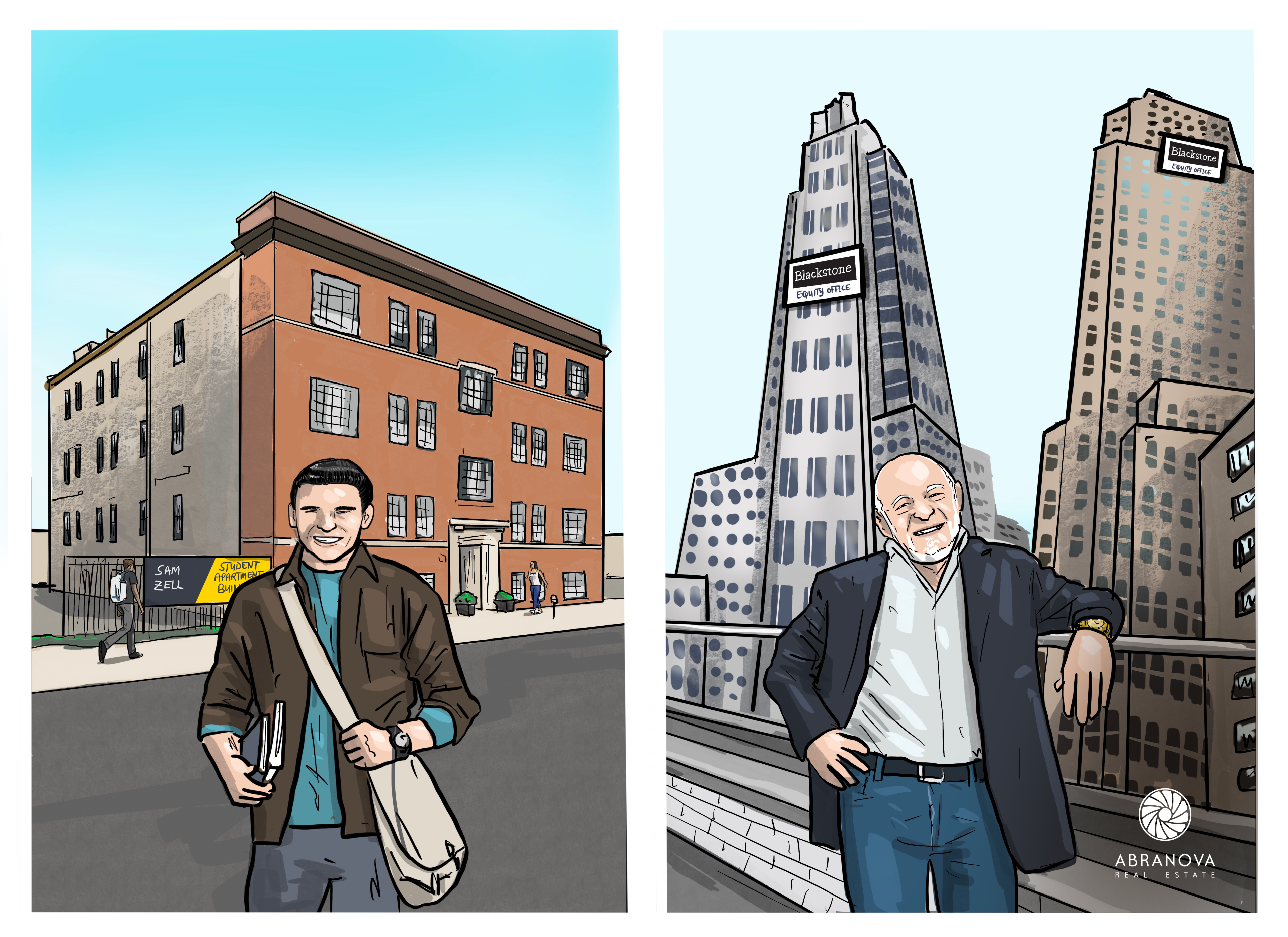
It’s not a coincidence that Zell draws from the same pupilage memories of how his parental upbringing shaped him into the modern godfather of real estate investing.
“It was an inheritance of intelligence, curiosity, drive, resilience, and self-determination. They instilled in me a commitment to learning and an understanding of how to apply it in real life, to challenge convention—to leave when others stay, to be aware of risk and prepare for it. I certainly feel “self-made” in one sense, but in another I recognize the incredible contribution of my parents in shaping my values and success.” (Zell 28).
Ironically, the unique worldviews that catapulted these tycoons to the pinnacle of investment success are unrelated to business or finance. They’re deeply rooted in the simplest and sometimes tragic life experiences that profoundly shaped their perspectives. Unlike these titans, I am still a work in progress at best. However, I can easily relate to how childhood experiences can hone one’s discernment of markets to such an extent that it becomes an inherent advantage. For those who doubt the value of such esoteric insights, remember what we now know as the stock market was instituted in 1792 under a buttonwood tree (Segal). The Buttonwood Agreement essentially formed the early foundations of today’s functionality of Wall Street. Would we have a better marketplace if those twenty-four brokers intentionally gathered under an olive tree instead of the buttonwood tree? I’ll leave this question to the imagination, with a caveat that financial systems inherently imbibe the human condition. They are man-made systems, after all.
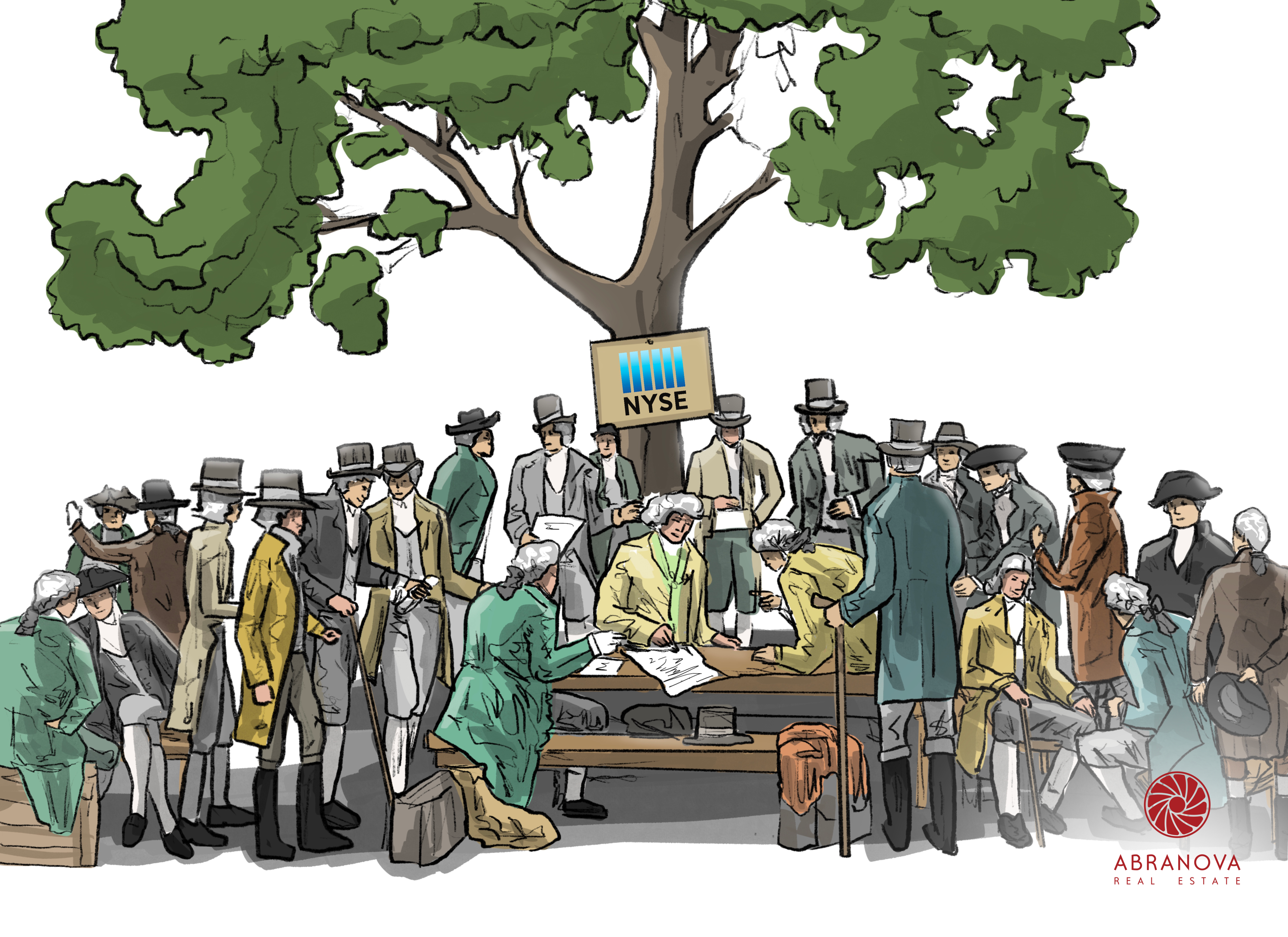
My art of survivorship is founded in my father’s experience navigating market cycles in pre- and post-independence Tanzania. Dad lost his father as a child and grew up in severe hardships and poverty. He bootstrapped his business in what was still a British colony, transitioned with it through the era of independence struggles, and operated under a socialist state. He endured these economic and political cycles with extremes while cementing his reputation as a successful businessman. On the low, his prominence in business and politics made him a perfect target of state campaigns to nationalize the private sector. Unfortunately, my father wasn’t spared from the persecution, he was promptly imprisoned without trial and his wealth confiscated.
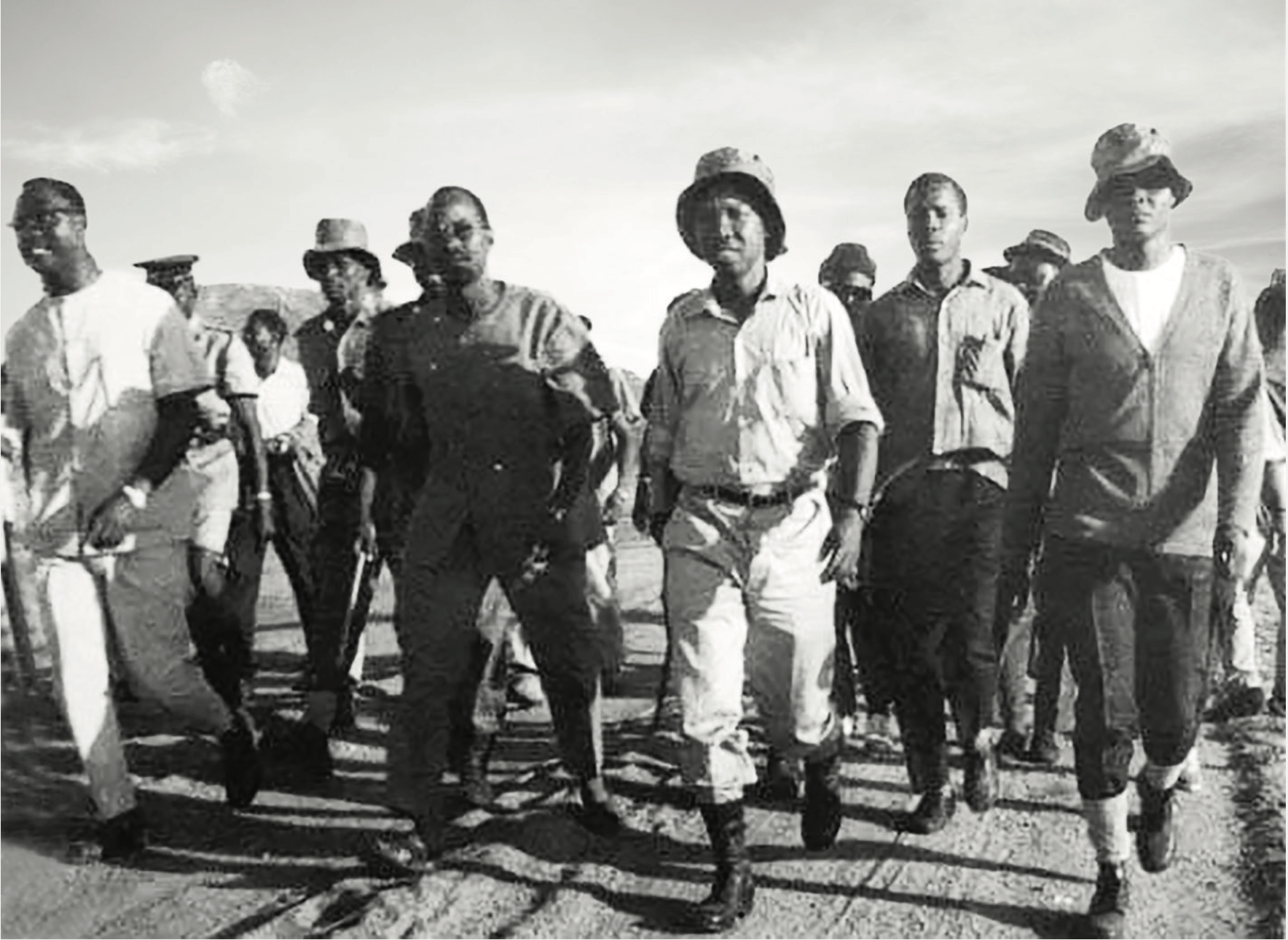
President Julius Kambarage Nyerere (third from right) led the Declaration of Arusha charge in March 1967. The declaration laid the foundation for the state policies used to nationalize the private sector and persecute the wealthy.
The dogma resembled the Cultural Revolution brewing in China, which wasn’t coincidental. In fact, Mao Zedong’s literature flooded the country’s institutions until I was in middle school.
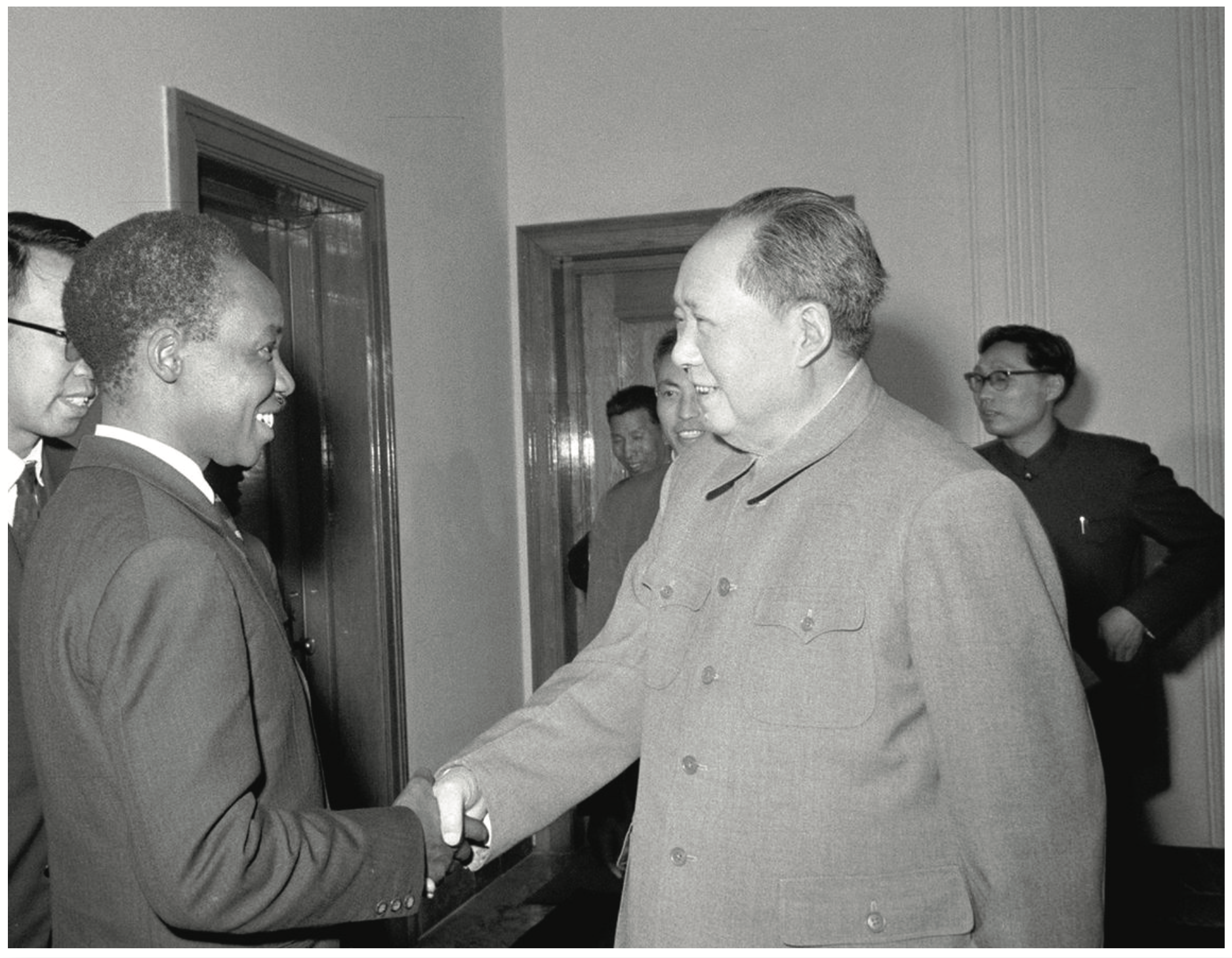
President Julius Kambarage Nyerere paid his first visit to China on February 16th, 1965. Chairman Mao Zedong met with President Nyerere in Beijing to mark the comradery between the two countries. (Branson)
On the high, he ultimately rebuilt his fortunes upon the good name he had established. He thrived even more when Tanzania reversed the course and once again privatized the economy, with new leadership bringing fresh air. In his memoir, the late President Benjamin William Mkapa remarks about Paul Ng’hwani:

“He was a prominent and successful businessman; a force to be reckoned with politically and financially.”
(Mkapa 169)
My father sat at three hundred pounds and stood at almost six-foot-six, genetic remnants of my great grandfather’s seven-foot frame. Having witnessed firsthand the fortitude, discipline, and humility Dad exhibited, my reverence for him extends toward business and financial markets. I read the Wall Street Journal with the same vigor and attention as when I stood before his commanding presence when summoned. I repeatedly reflect on his experiences, especially when searching for the courage to seek, form, and assert my own perspectives amid tumultuous times and a bleak economic outlook. Drawing on my own childhood, reading Buffett, Soros, and Zell feels unusually familiar. The element of survivorship I witnessed growing up is pivotal in my current approach to discerning markets. Even more so, I always double back to these formative experiences and try to connect them to the overarching socioeconomic conditions and power structures of the time.
In times when the Federal Reserve is battling inflation by raising rates, the art of survivorship keeps me constantly zooming out on macroeconomic trends and zooming into recalibrating my business model accordingly. Monetary policy touches every aspect of our lives regardless of our exposure or involvement with it. While entrepreneurial success is not guaranteed, failure to adapt to ever-changing business environments is a recipe for downfall. Just as Soros and Zell give enormous credit to their parents for their business acumen, my conscientiousness in interpreting market tides and governing myself accordingly is also rooted in my heritage.
Throughout history, the human condition rests at the heart of all global economies. I, therefore, spend an enormous amount of my spare time studying business cycles and financial markets to answer myself, “What would I do as a businessman in that era?”. While going through my weekly readings, I was absolutely awestruck by Bernanke, Geithner, and Paulson’s treatise Firefighting: The Financial Crisis and its Lessons. These heavy hitters were all at the helm of saving the US economy from collapsing during the 2008 financial crisis. They all concur that we should expect more crises simply because we’re human.
“Unfortunately, financial crises will never be entirely preventable, because they are products of human emotions and perceptions, as well as the inevitable lapses of human regulators and policymakers. Finance depends on confidence, and confidence is always fragile. While it’s vital to try to rein in excessive leverage and risk taking on Wall Street, that leverage and risk taking is generally a reflection of excess optimism in society as a whole. Regulators and policymakers aren’t immune to those manias. Human beings are inherently susceptible to irrational exuberance as well as irrational fears, and markets that overshoot on the way up tend to overshoot on the way down. Mania and panic both seem to be contagious.” (Bernanke et al. 110-111)
Such confessions about the fallibility of those we expect to be in charge raise the bar for the average citizen, necessitating basic knowledge of financial markets. Understanding how the human condition is woven into all our systems exposes us to the impacts of its failures, regardless of who the perpetrators are, if any at all. While the pains of economic crises and depressions are well documented, the art of survivorship makes its lessons real and personal in a way that galvanizes prudent financial decisions. Soros’s argument may come as a surprise that he found no use for the economic theories he studied at the London School of Economics. My juxtaposition is that while having a degree in finance helps, financial literacy can not be confined to any particular field of study. Our world is ever-changing, and financial markets are more interconnected and complex. A sure way to weather the quicksands of markets is to broaden one’s knowledge base and develop interdisciplinary sensitivities. This comes with a commitment to lifelong learning and staying hungry no matter what circumstances arise. That is the essence of the art of survivorship.
Sources:
